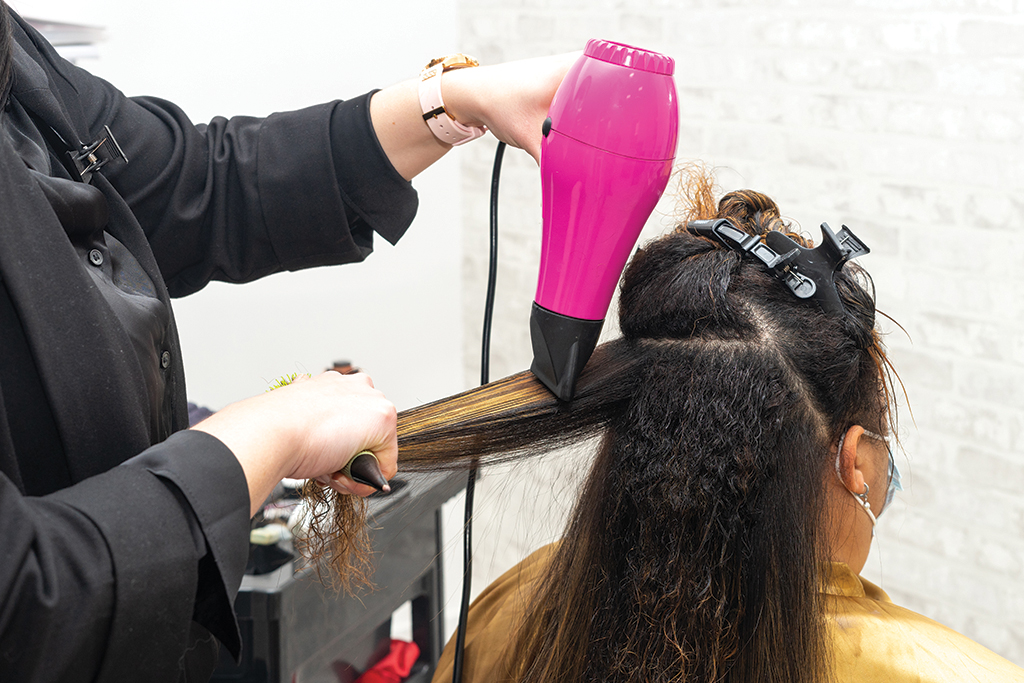Some US States Mandate “Textured Hair Education”
What Should Beauty Supply Stores Keep in Mind?
Recently, several US states have moved to require cosmetology programs to include textured hair education—covering hair types including curly, coiled, and wavy types. In 2021, Louisiana added a section on cutting textured hair to its licensing exams. In 2023, New York passed Bill S6528A, mandating training on all hair types and textures, with implementation beginning about six months later. As of July 2025, Washington, Vermont, and Maine have joined, bringing the total to eight states—including Louisiana, New York, California, Minnesota, and Connecticut—that now require textured hair education in cosmetology licensing.

Why is this bill being proposed?
Traditionally, US training programs for natural hair stylists have focused primarily on straight hair. As a result, many clients with different textures have struggled to receive proper services, fueling calls for training that better reflects the diversity of ethnicities and hair types. Leading this effort is the Texture Education Collective (TEC), which brings together major brands such as L’Oréal USA, Aveda, and DevaCurl along with educational organizations.
What does this means for beauty supply owners?
While it may be too early to call this a nationwide movement, the new legislation signals a growing emphasis on diversity and inclusivity within the beauty industry. For beauty supply owners, this shift carries important implications, as adapting product selections and operations will help them stay competitive in a changing market.
- Changes in Product Demand Among Professional Customers (stylists)
As more stylists receive training in textured hair, demand is expected to grow for specialized product lines—such as leave-in conditioners tailored to different hair types and gels formulated for high-porosity hair.
- Increased Interest in Texture-Focused Brands
Brands that specialize in textured hair care are likely to see steady or increased demand.
- Adjustments in Product Descriptions and Customer Service
To better address client needs—such as questions like, ‘I have 3C hair. Do you have a leave-in product that helps with moisture retention?’—incorporating basic textured hair education into employee training can enhance store credibility and build customer trust.